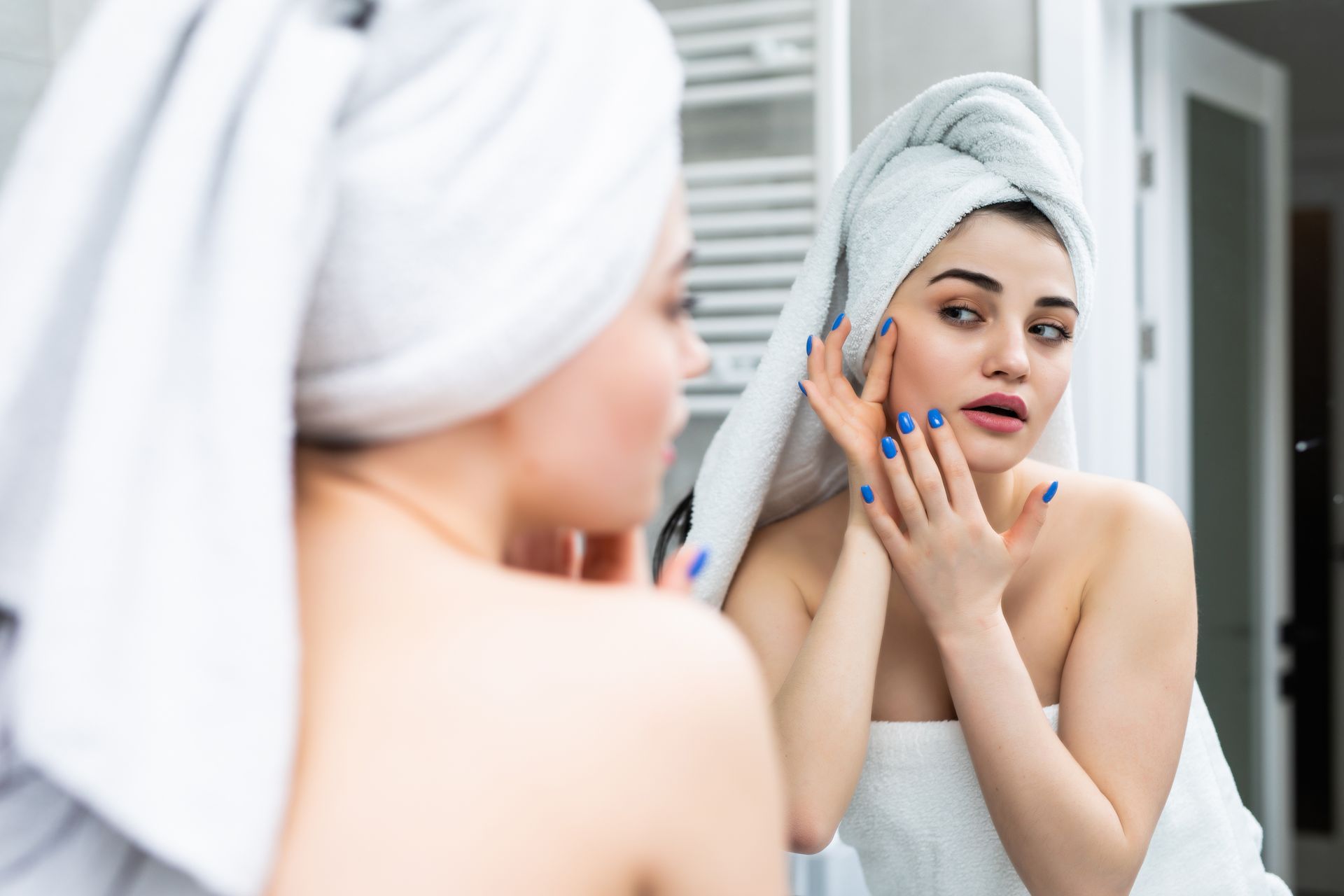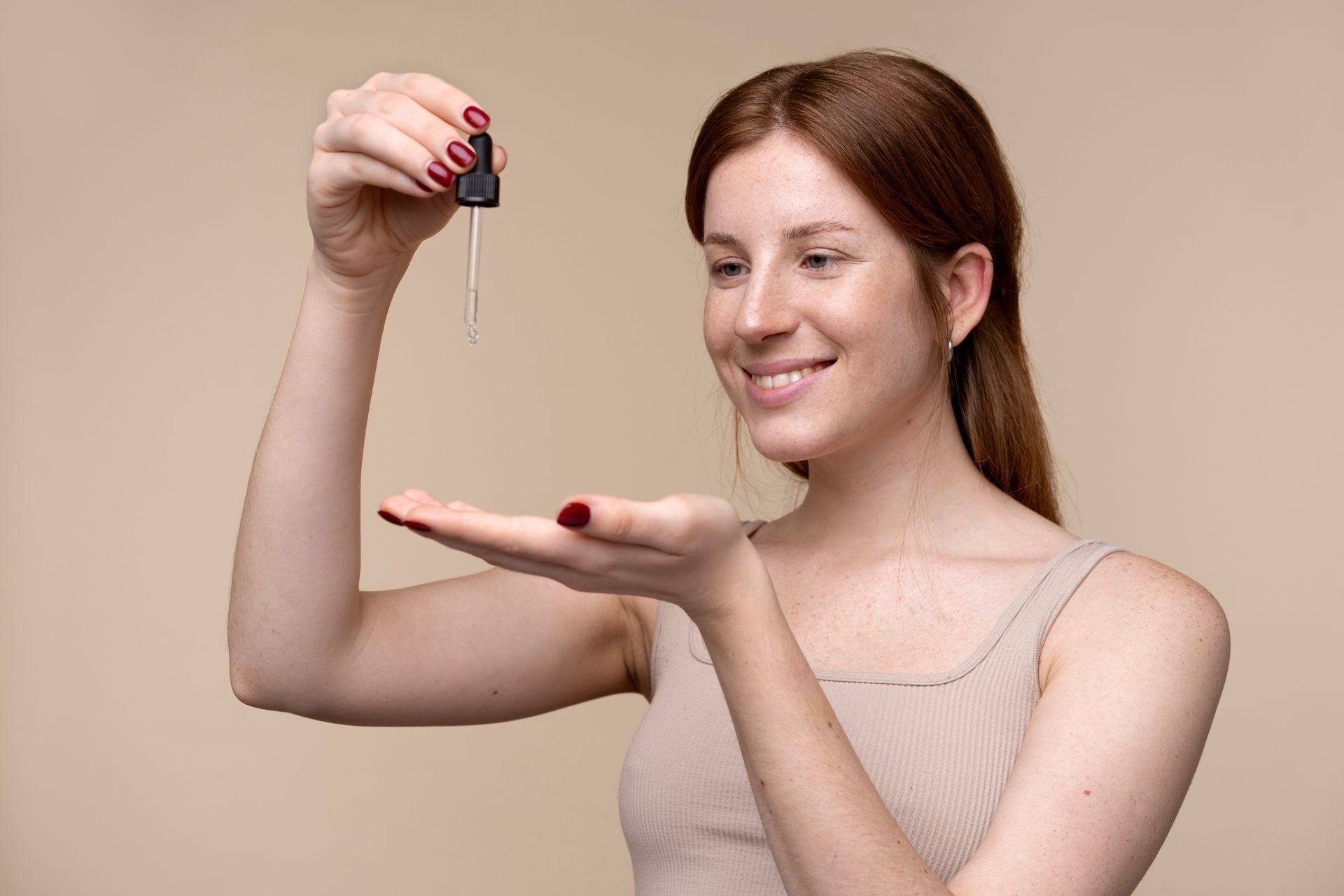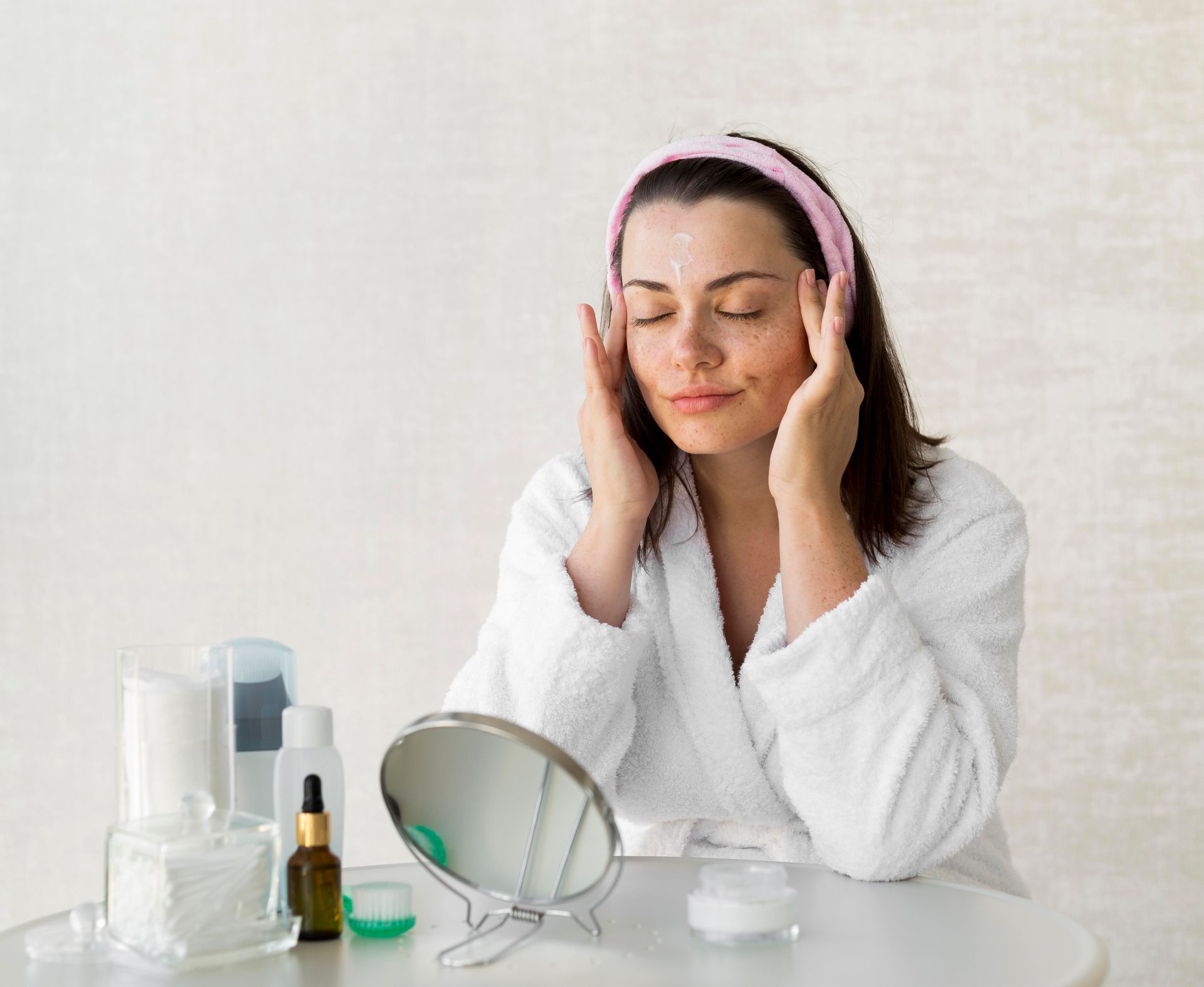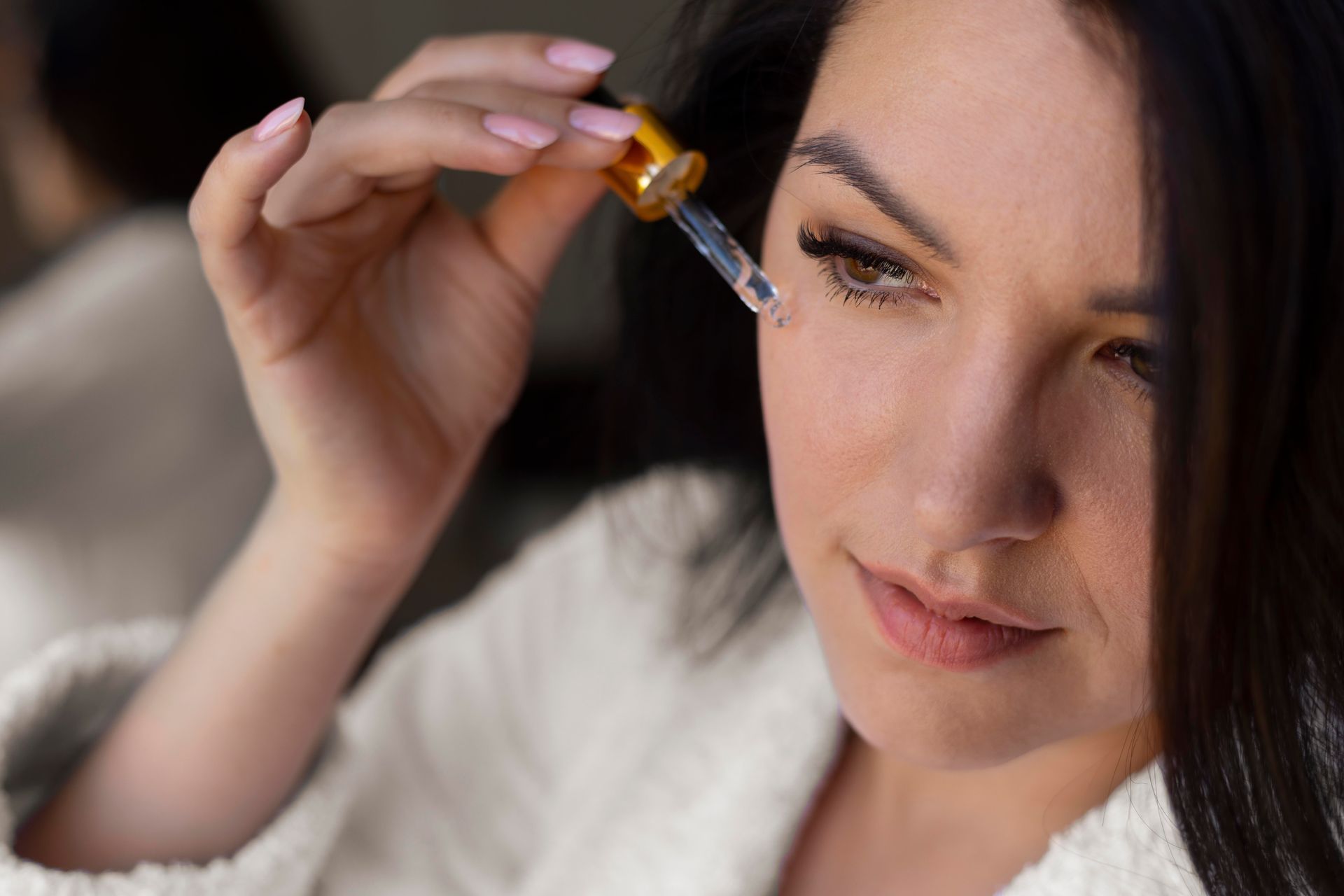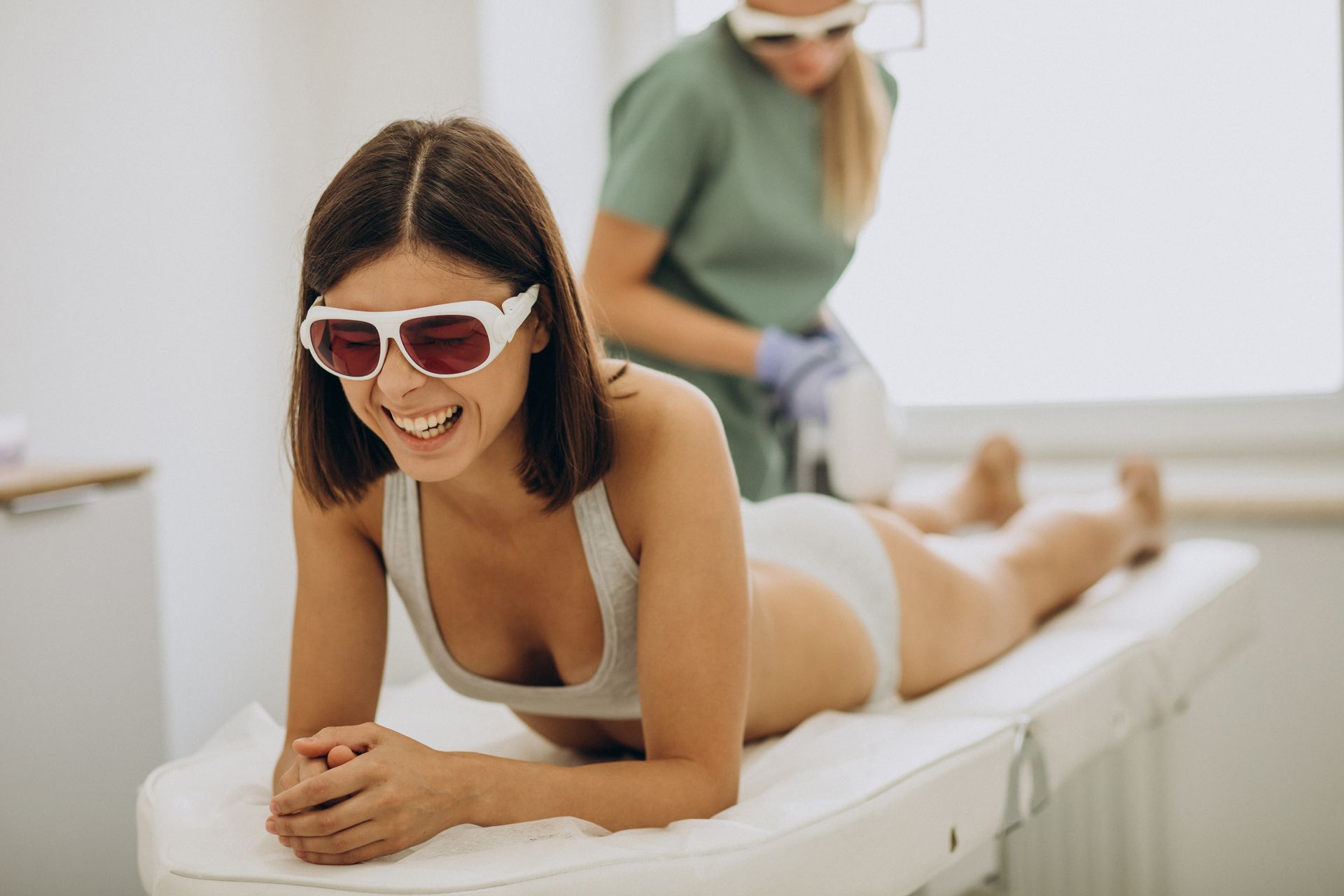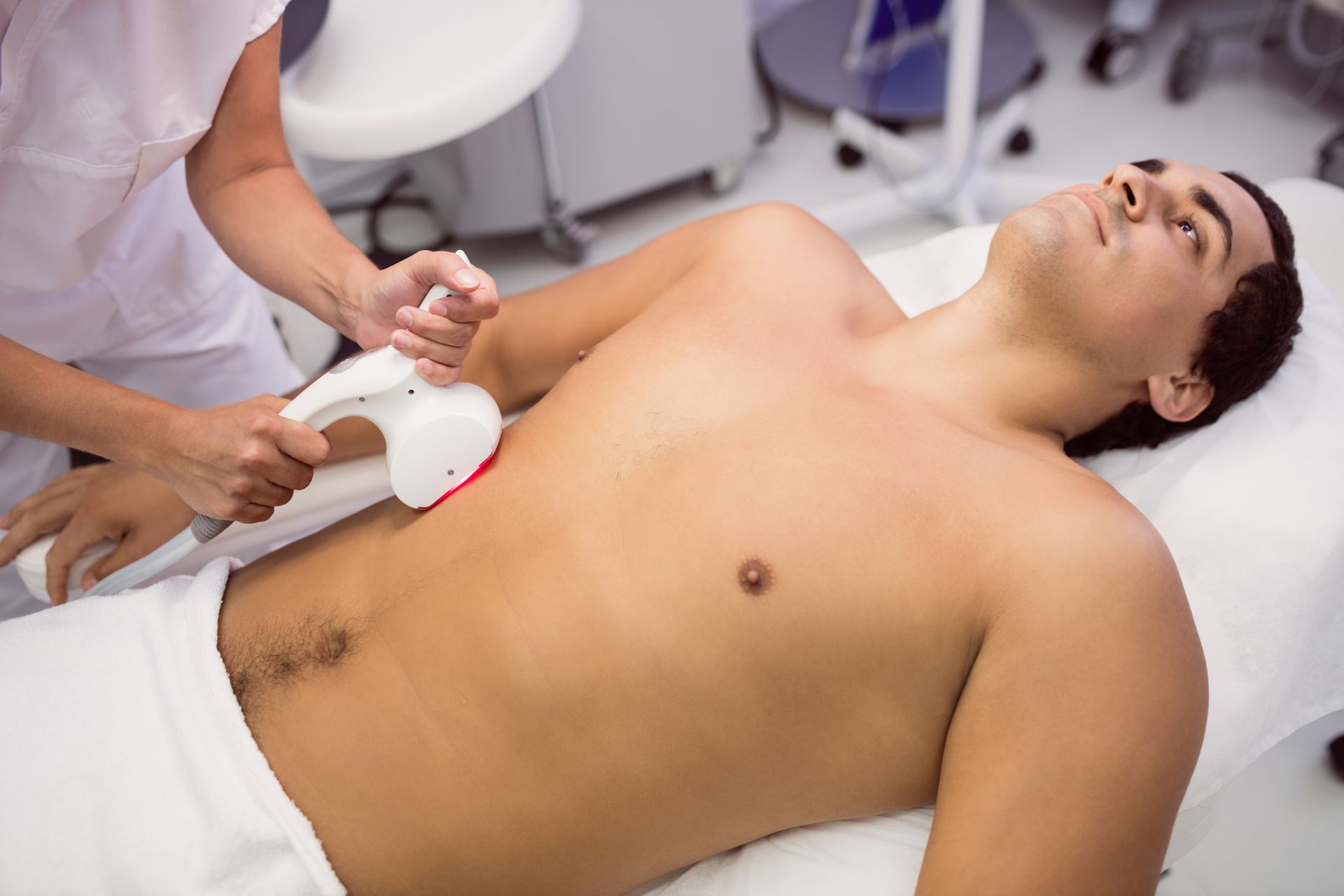Does Laser Hair Removal Affect Tattoos?
Laser hair removal is a popular method for achieving smooth, hair-free skin, offering a long-term solution to unwanted body and facial hair. This advanced procedure utilizes concentrated light beams to target and destroy hair follicles, resulting in reduced hair growth over time. However, for individuals with tattoos, there are important considerations to keep in mind. The interaction between laser hair removal and tattooed skin can be complex, and it’s crucial to understand the potential risks and necessary precautions.
Tattoos consist of ink pigments embedded in the skin, and when exposed to laser light, these pigments can absorb the energy, potentially leading to adverse effects. This article will explore how laser hair removal affects tattoos, providing detailed information on the potential risks such as ink discoloration, skin damage, and increased pain. We will discuss essential precautions to take and alternative hair removal methods suitable for tattooed skin. By understanding these factors, you can make an informed decision about the best approach to hair removal while preserving the integrity of your tattoos.
How Lasers Interact with Tattoos
Tattoos are made by inserting ink into the dermis layer of the skin. This ink can absorb laser energy just like the melanin in hair follicles. When laser light targets tattooed skin, it can cause several reactions, including:
- Ink Discoloration: The laser can break down the ink particles in the tattoo, leading to fading or distortion of the tattoo design.
- Skin Damage: The concentrated energy can cause burns, blisters, or other skin damage in the tattooed area.
- Pain and Discomfort: The laser treatment on tattooed skin can be significantly more painful than on non-tattooed skin due to the interaction with the ink.
Potential Risks of Laser Hair Removal on Tattoos
The risks associated with laser hair removal on tattooed skin are significant. Some of the primary concerns include:
Tattoo Fading and Distortion
Laser hair removal can cause the ink in tattoos to break down, resulting in fading or distortion of the tattoo design. This effect is particularly noticeable with darker inks, which absorb more laser energy. If preserving the appearance of your tattoo is important, this is a crucial factor to consider.
Skin Damage and Scarring
The laser’s interaction with tattoo ink can lead to skin damage, including burns, blisters, and potential scarring. The intensity of the laser energy required for hair removal can cause adverse reactions when it encounters tattoo ink, leading to long-term skin issues.
Increased Pain and Discomfort
The presence of tattoo ink can make laser hair removal more painful. The ink absorbs the laser energy, increasing the sensation of heat and discomfort during the procedure. This can make the treatment session more uncomfortable compared to non-tattooed areas.
Precautions for Laser Hair Removal with Tattoos
To minimize the risks associated with laser hair removal on tattooed skin, certain precautions should be taken:
Avoiding Direct Laser Application on Tattoos
It is generally advised to avoid applying the laser directly over tattooed areas. Skilled practitioners can use techniques to work around the tattoo, ensuring that the laser targets only the non-tattooed skin. This approach helps preserve the integrity of the tattoo and reduces the risk of skin damage.
Using Protective Coverings
Protective coverings, such as white medical tape or specialized shields, can be used to cover the tattoo during laser hair removal sessions. These coverings prevent the laser energy from interacting with the tattoo ink, thereby protecting the tattoo and reducing the risk of skin damage.
Consulting with a Professional
Before undergoing laser hair removal, it is essential to consult with a qualified and experienced practitioner. They can assess your specific situation, considering the size, color, and location of your tattoos, and develop a customized treatment plan that minimizes risks.
Alternatives to Laser Hair Removal for Tattooed Skin
If laser hair removal poses too many risks for your tattooed skin, there are alternative hair removal methods to consider:
Electrolysis: This technique employs an electric current to permanently destroy hair follicles.. It is effective for permanent hair removal and does not interact with tattoo ink. However, electrolysis can be time-consuming and may require multiple sessions.
Waxing and Threading: Waxing and threading are non-laser methods for temporary hair removal. These techniques are safe for use on tattooed skin and do not interfere with tattoo ink. However, they require regular maintenance to keep the skin hair-free.
Depilatory Creams: Depilatory creams are formulated with chemicals that dissolve hair on the skin's surface. While they offer a temporary solution, it is essential to perform a patch test to ensure that the cream does not cause irritation to the tattooed skin.
Conclusion
Laser hair removal can significantly affect tattoos, posing risks such as fading, skin damage, and increased pain. It is crucial to take necessary precautions and consult with a professional before undergoing treatment. By understanding the interaction between laser hair removal and tattoos, you can make an informed decision and explore alternative hair removal methods if necessary.


